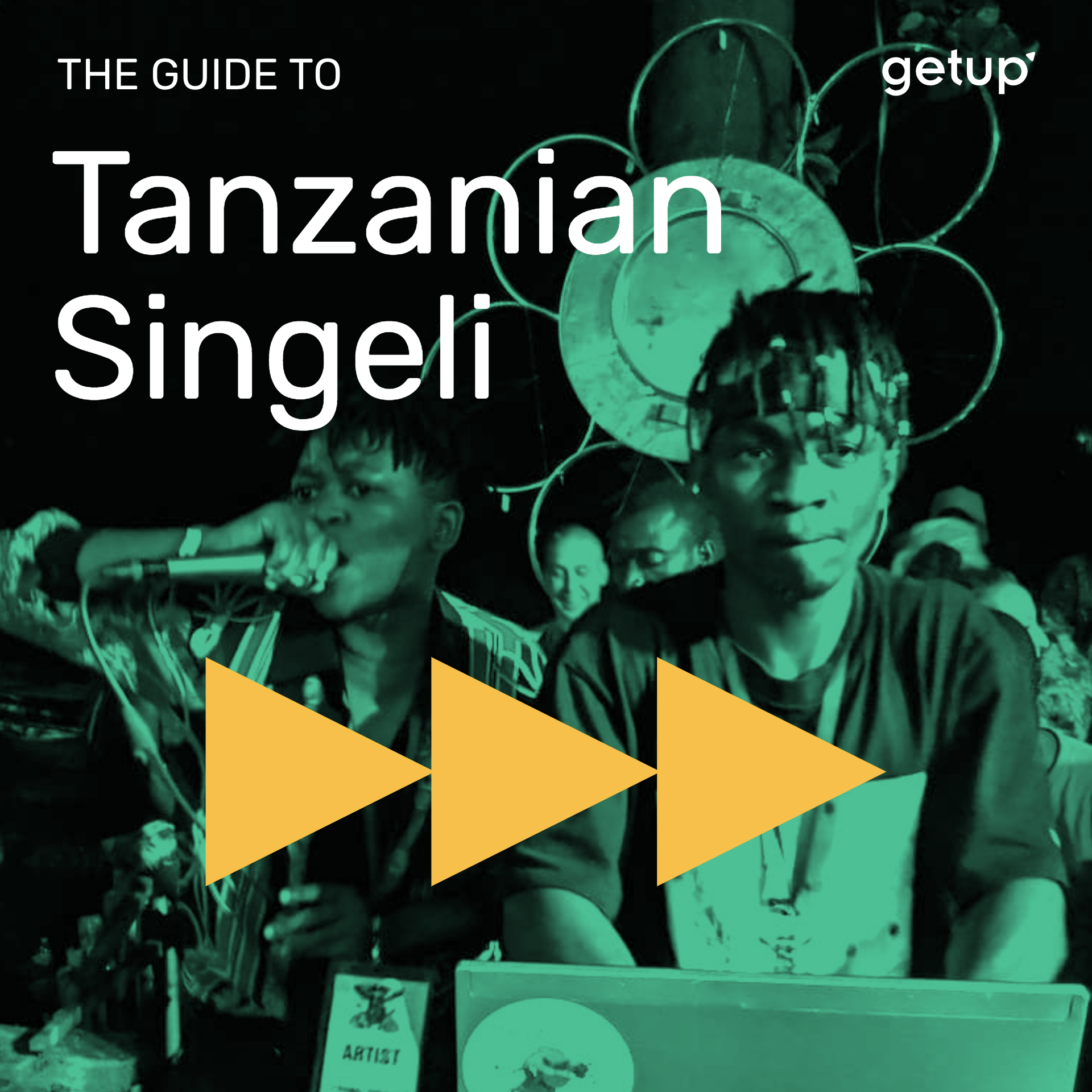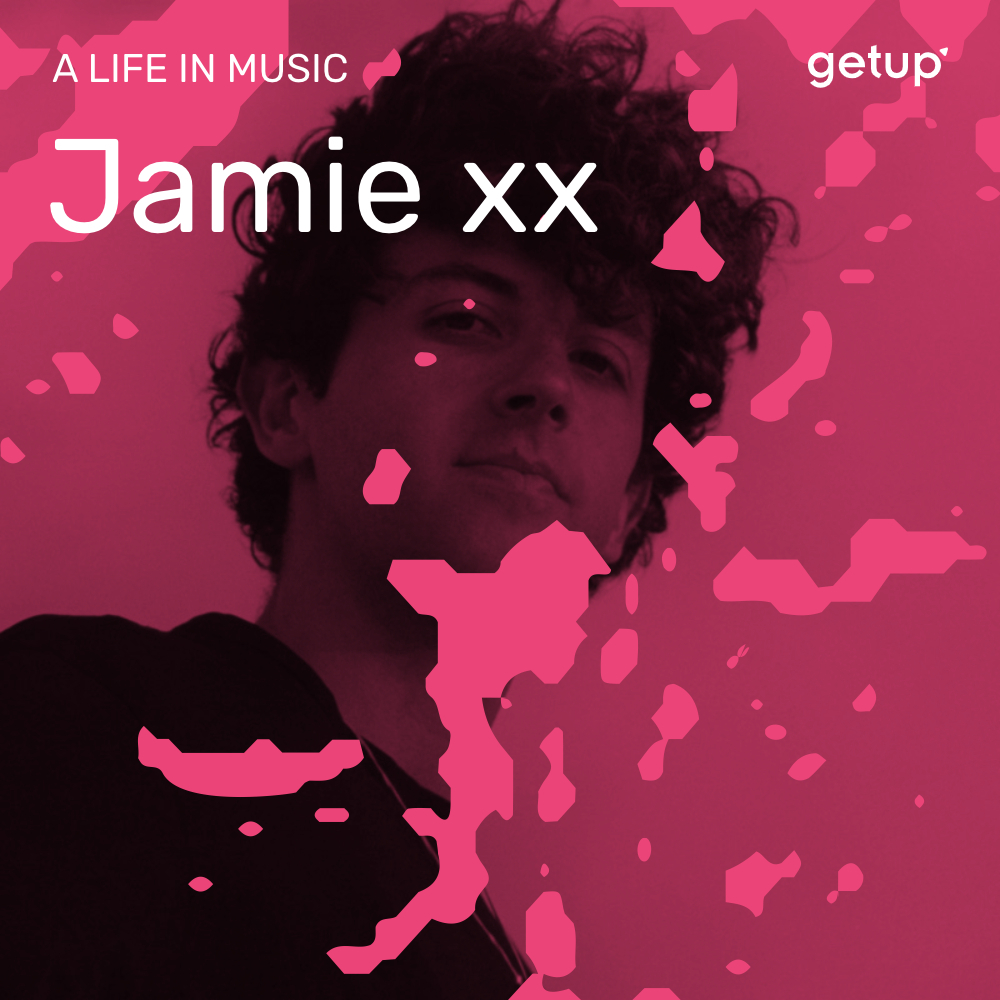Singeli’s frenzied rhythms make most dance music sound tame by comparison. How did this frantic music from the street parties of Dar es Salaam emerge as a niche global genre?
Singeli is the latest musical trend in a rich East African history, resulting from centuries of cultural exchange across the Indian Ocean. Its origins lie in the wedding music of the Zaramo people, characterised by hectic polyrhythms and popularised by the mchiriku style of Jagwa music. Through interaction with other musical genres, such as the coastal Arabic influenced taarab, this style has subsequently mutated. Most recently, it has utilised new technologies leading to the distinctive electronic singeli sound – wild loops (often cued on Virtual DJ) are overlaid with rapid Swahili vocals.
In its home of Dar es Salaam, singeli performances are infrequent occurrences in the city’s high density, low income Uswahilini neighbourhoods. The popularity of the music with the unemployed youth leads to associations with uhuni, namely violence, drugs and gangs. Singeli parties are therefore regularly shut down by the increasingly repressive Magafuli government. This partly explains why singeli artists are so eager to take advantage of opportunities to play abroad: the veteran singeli MC Makaveli even told me he prefers playing ‘outside’ of Tanzania because the music is more ‘free’. But how did these international opportunities initially arise? The answer can be traced back to one taxi journey.
Arlen Dilsizian, ethnomusicologist and founder of East African music powerhouse Nyege Nyege, travelled to Dar es Salaam in search of singeli in late 2016. Luckily, he rode in Abbas’ taxi, a man who lived on the same street as many of the scene’s key players. That fateful taxi journey led to the Sounds of Sisso release, which introduced singeli to a global audience. Nyege Nyege have since released several albums from the likes of Bamba Pana, Jay Mitta and Duke, each producer showcasing a unique singeli style. Here we also begin to hear how exposure to other musical styles as a result of the Nyege Nyege collaboration has influenced the genre’s development.
However, singeli isn’t solely the purview of Nyege Nyege. In fact, Tanzanian pop music Bongo Flava has adopted the genre, and ‘pop’ singeli artists such as Man Fongo, Sholo Mwamba and Msaga Sumu are better known locally than their Nyege Nyege counterparts. In 2020, mainstream Tanzanian artists such as Rayvanny and Harmonize have co-opted the genre and released their own singeli productions. A number of impressive young women singeli MCs are also emerging and preparing to release music in the near future, such as the charismatic teenager Anti Virus.
Although the music is intimately rooted in Dar es Salaam, it has traversed significant global routes in the last two years, largely thanks to the Nyege Nyege collective. The artists themselves are keen to emphasise that singeli is a global genre, reflecting a sense of cultural openness and democracy which is typical of Tanzanian and Swahili identity. These global encounters and opportunities inevitably lead to new influences as demonstrated by the recent Nyege Nyege mixtape made in collaboration between Sisso, Jay Mitta, The Modern Institute, and Errorsmith at Nyege Nyege HQ in Kampala.





.jpg)